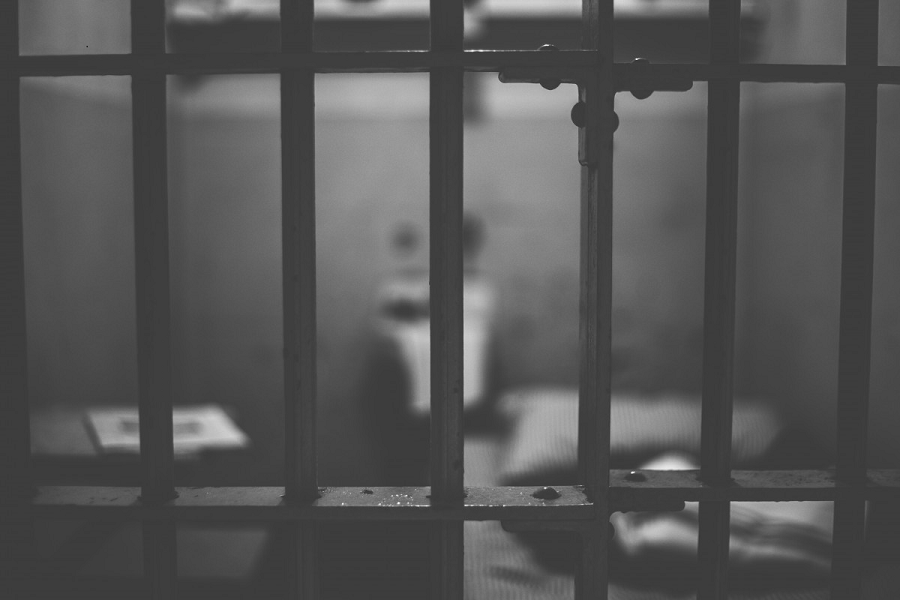
For about as long as society has existed, so has incarceration. From Socrates to Boethius to Oscar Wilde and beyond, philosophers and writers have often found themselves on the punitive end of a criminal justice system. Even behind bars, though, many managed to produce compelling and inspirational works.
Social activists are often imprisoned for their efforts. During his 27 year incarceration, Nelson Mandela wrote letters to family, fellow activists, government officials, and prison authorities. 255 of these letters are published, and offer an inspiring glimpse into Mandela’s altruism and powerful optimism. Mahatma Ghandi, the pioneer of non-violent protest himself, wrote his autobiography, “The Story of My Experiments With Truth,” at the urging of a fellow prisoner at Yerwada Central Jail. Martin Luther King, Jr., an activist heavily inspired by Ghandi’s example, spent eleven days behind bars. During that time, he penned “Letter From Birmingham Jail.” Both Ghandi and King cited Henry David Thoreau’s essay “On Civil Disobedience” as an influence. Thoreau wrote the essay while imprisoned for refusing to pay taxes that would fund a war he considered unjust.
With incarceration rates soaring, several contemporary works have been penned while their authors were in prison. Nico Walker’s “Cherry” is a Bukowski-esque account of a man suffering from PTSD and drug addiction as the opioid crisis ravages the Midwest. In “The Graybar Hotel,” Curtis Dawkins, an MFA graduate sentenced to life without parole, describes the intricacies of life inside the prison and the stories of his fellow prisoners. After he received the book deal, Michigan’s Department of Corrections attempted to force Dawkins to use the income he received from the book to reimburse them for the cost of his incarceration.
Some prisons have recognized the therapeutic benefits of writing and established creative writing programs for their residents. At the request of a librarian at York Correctional Institution, author Wally Lamb organized one such writing class. “Couldn’t Keep It To Myself” (my personal pick for this challenge), is a collection of writings produced by the women in this class. This endeavor proved so successful, both in terms of critical acclaim and the positive impact the writing program had on the women who participated, that Lamb compiled another collection, “I’ll Fly Away.” “Untold Story of the Real Me” is an assortment of poetry written by people who were charged as adults and incarcerated at ages 16 and 17. These writers are all members of the Free Minds Book Club, which is dedicated to youth violence prevention and the promotion of healing through the power of creative writing.
There are many more books that satisfy this task, and the Prisons Foundation has a comprehensive list of works published by incarcerated authors.


